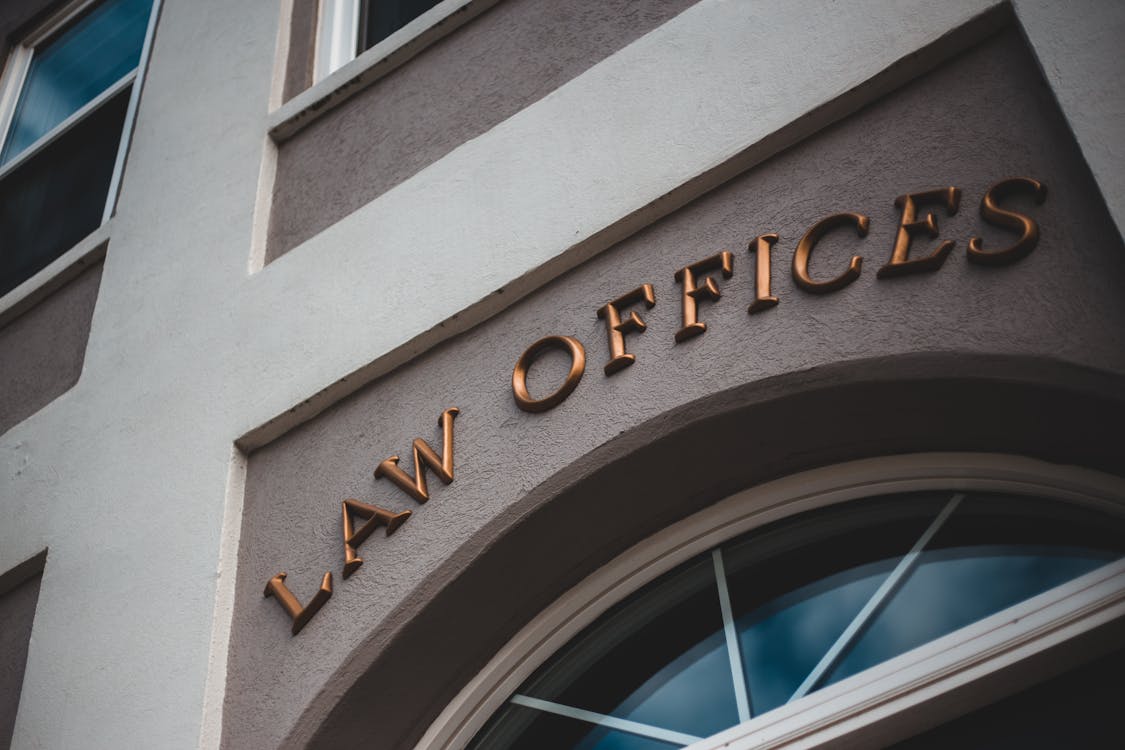In legal services, visibility plays a central role in client acquisition. For most people seeking legal help, the search begins online. Whether they’re looking for a divorce lawyer, a corporate attorney, or answers to a specific legal issue, they typically turn to search engines first. A firm’s position in those search results directly influences how often it is contacted—and by whom.
This has made search visibility an increasingly competitive space. This was put into sharp relief when Morgan & Morgan sued a competing Florida firm, alleging improper use of its name in Google Ads. The dispute illustrates how competitive online visibility has become, even among well-established players.
For law firms, it has become a core component of marketing strategy. The question isn’t whether SEO matters, but how to use it effectively and responsibly to achieve sustained results.
Does SEO Work for Law Firms?
Search engine optimization is an effective channel for client generation in the legal sector. It works because it meets potential clients at the precise moment they’re actively seeking legal help. People don’t browse for law firms passively. When they search, it’s usually with a clear need in mind. Being visible at that stage makes a measurable difference in lead volume and quality.
Greater visibility in organic search not only brings in more website traffic but also signals authority and credibility. Potential clients often interpret a strong online presence as a reflection of professional reliability.
Just like authority and credibility, strong SEO performance is not something that is achieved overnight. It works when approached as a sustained effort across multiple touchpoints. Short bursts of activity rarely yield lasting results. Long-term investment, guided by a coherent strategy, is what separates firms that rank consistently from those that remain invisible online.
What Is SEO Marketing for Law Firms?
It includes several different efforts that contribute to the goal of increasing visibility (meaning higher placement in organic search engine results pages) for relevant legal searches without relying on paid advertising.
The process spans several key areas:
- Technical SEO: This involves backend improvements that make the site easier to crawl for search engines and easier to use for users. Sites with strong technical foundations tend to perform better in rankings and provide better user experiences.
- Local SEO: Legal services are often chosen based on geography. Optimizing a firm’s Google Business Profile, building citations in legal directories, and ensuring consistent contact details across the web all contribute to stronger performance in local listings.
- Content Development: Clients look for firms that answer their questions clearly and competently. Creating content that addresses common legal concerns and explains services in plain language makes it more digestible, and trustworthy, for potential clients.
- Off-Site Signals: Search engines consider third-party validation when ranking sites. This includes backlinks from trusted legal and local publications, mentions in directories, and references from professional associations. A credible link profile strengthens a firm’s authority in the eyes of search engines.
- Regulatory Compliance: Legal marketing must align with the ethical standards set by law societies and bar associations. SEO content must avoid overpromising, and respect jurisdictional rules.
Key SEO Challenges for Law Firms—and How to Approach Them
1. Misunderstanding the Scope of SEO
Some firms begin with the assumption that SEO is just about targeting keywords. In reality, SEO involves multiple technical and strategic layers. Content quality, website performance, mobile responsiveness, and site architecture all affect rankings. Often, firms that lack an effective web development foundation struggle to gain traction, regardless of content strength.
2. Expecting Results Too Quickly
SEO is a long-term investment. Improvements in visibility and traffic usually take months, not weeks. Especially in competitive legal niches, it’s important to set realistic timelines and focus on sustainable growth.
3. Prioritizing Vanity Keywords
While it may be tempting to chase terms like “divorce lawyer” or “criminal lawyer,” these are often expensive and highly competitive. Focusing on long-tail keywords—such as “family lawyer for small business owners in Montreal”—can attract more qualified leads and face less competition.
4. Confusing Local SEO With Organic SEO
Local SEO targets the map listings and geographic queries, while organic SEO refers to standard rankings in the SERPs. Both matter. A strong presence in local search results is key to reaching people in the communities served by local firms.
5. Avoiding Content Creation
Some law firms hesitate to publish content out of concern for compliance or lack of bandwidth. Others post generic articles that don’t help with visibility or conversion. The most effective content strategy involves answering real questions your potential clients are asking—clearly, accurately, and in a tone that reflects your firm’s brand.
6. Navigating Compliance and Ethics
Legal marketing is regulated, and concerns around ethics are justified. However, with proper oversight, your firm can publish informative content that complies with advertising rules and bar guidelines. In many cases, the key is editorial review and a clear content approval process.
7. Using the Wrong KPIs
Some marketing teams report on metrics like impressions or clicks, which don’t always correlate with business outcomes. More useful indicators include qualified leads, completed contact forms, and phone calls tracked through analytics.
8. Relying on a Poorly Built Website
If your site is slow, hard to navigate, or not optimized for mobile, it will struggle to perform in search. A solid technical foundation supports all other SEO efforts. Improvements in load speed, site structure, and accessibility can lift your rankings and user engagement at the same time. That’s why web development should be integrated into any serious SEO strategy.
9. Dealing With Vendor Fatigue
Many law firms have worked with SEO providers who overpromised and underdelivered. This has led to a general mistrust of agencies in the space. Look for a law firm SEO partner that offers transparent reporting, clear strategy, and a track record in legal marketing.
10. Lack of Alignment Within the Firm
Successful SEO requires collaboration between marketers and attorneys. Input from lawyers ensures content reflects real client concerns and legal accuracy. Without that cooperation, even the best marketing strategy can stall.
How to Implement SEO for Law Firm Websites
Getting started with SEO doesn’t require a complete overhaul, but it does require structure. Here’s how to approach it:
- Begin with an SEO audit to identify site issues, technical gaps, and performance bottlenecks
- Set measurable goals—such as increasing consultation bookings or targeting specific practice areas
- Build a strategy that includes content creation, keyword research, on-page optimization, and local SEO
- Optimize your site’s internal linking, URL structure, and schema markup for better indexation
- Use tools like Google Search Console and Google Analytics to track progress and make adjustments over time
What to Look for in a Legal SEO Partner
SEO for lawyers and law firms is not a short-term tactic. It is an ongoing, strategic process. Hiring an SEO agency is easy. Hiring one that understands how legal clients think, how compliance intersects with marketing, and how search behavior translates into retained cases is another matter.
Firms that approach SEO with a checklist mentality often miss the larger opportunity. The real value lies in being found by people who are actively looking for legal help and in presenting your firm as the trustworthy, capable solution they need.
The legal field brings with it unique pressures that most generalist marketers aren’t equipped to navigate. Your SEO partner needs to understand more than algorithms and keywords. They need to understand your practice areas, the regulatory context you operate within, and the difference between informational curiosity and true client intent.
The best SEO outcomes come from partnerships that blend technical precision with strategic clarity. That means working with a team that can:
- Build content strategies aligned with the way prospective clients actually search for help
- Create localized visibility without relying on templated language or aggressive, non-compliant tactics
- Anticipate the risks of over-optimization, duplicate content, or misaligned messaging in regulated industries
At BlueHat, we build frameworks that are structured and built for firms that intend to lead in their market. Whether it’s refining your existing SEO approach or helping you start fresh with a fully optimized web presence, we bring two decades of experience in digital strategy and a clear understanding of what success means in legal. If your firm is ready to implement a smarter, more sustainable SEO strategy, we’re ready to help. Let’s talk.





